
How does the news work?
How does the news work? In this episode, we demystify the world of news media. We explain where news stories come from and how journalists select them to create a daily news agenda.

By Steve Blears
Director - Bit Famous Ltd
Steve is a former BBC national news journalist, TV Producer & Media Trainer.
The news media is an industry, its product is news stories, current affairs journalism and factual articles. Its raw materials are news events, tip-offs, press releases and information supplied by public bodies, organisations, businesses, established contacts and the public.
It's the journalists' job to identify news stories among this flow of facts, events and information. Their skills lie in deciding what is newsworthy and then telling those stories in the most compelling way. The expectation is they should check their stories are factually accurate, legally sound, and balanced (tell both sides) before being published.
What is a news agenda?
On any given day, there'll be a news agenda. That's topics and issues that groups of media outlets will prioritise.
For example, one newspaper might lead with an exclusive story that's quickly picked up or followed by all other media outlets.
Journalists and their editors will hold early internal meetings and briefings to discuss the day's stories, coverage by other outlets and news items they have sourced.
They then agree on an agenda of stories they'll publish or broadcast that day.
Often if you catch the evening news on various channels, you'd think those organisations had got together to decide the day's agenda.
While they don't necessarily talk to each other, journalists do spend a lot of time watching what rivals are publishing. This itself is agenda-forming.
But the news agenda isn't just about a single day of news. It can be swept aside by breaking news or dominated for days (or weeks) by a big story unfolding with daily developments.
They'll be agendas for International, national, regional or local news, sport, business, and entertainment.
What is meant by the news cycle?
The news cycle describes the process which news stories are reported, shared, and eventually replaced by more current stories.
Most news works on a daily cycle with stories of greater importance or interest persisting and developing across a day or more.
As an outsider being asked to speak, contribute or be interviewed about a news event, the haste required by journalists can be surprising.
Opportunities to appear in the media need to be taken immediately before the news cycle moves on. It's common for journalists to want to talk to a contributor straight away. So be prepared to drop what you are doing and change your plans when a journalist calls.
Where do news stories come from?
Journalists get their stories from a variety of sources including:
- Watching other news sources
- Press releases
- Planned events and diary items
- Government announcements and briefings
- Local authority meetings and announcements
- Police, Fire and Ambulance updates
- Court hearings
- Tip-offs and established contacts
- Financial markets, business news
- Entertainment, Sports events and personalities
- Investigative journalism and research
- Freedom of information requests and whistle-blowers
- Social media
- International news agencies such as PA and Reuters
It may appear rather magical where news stories appear from, but it's worth remembering in the UK alone, there are many hundreds of news outlets with thousands of journalists looking for stories. Journalists are often the first point of contact for people with a story to tell.
What do journalists want?
- Journalists want to find the best stories and report them first.
- They want to maximise the impact of their reporting through the best storytelling.
- They want to grab the attention of the largest possible audience.
- They want to fulfil their obligation to meet deadlines and fill airtime or column inches.
- They will want to fulfil their obligations to be honest, balanced and fair.
- They want to avoid errors that could lead to legal action including libel and contempt of court.
What do journalists need?
Journalists need to "stand up" stories. Quite often stories will start as a rumour, idea, or just a headline. Journalists need to source the proof, facts and comments they need to turn that idea into a fuller, rounded article. To do this they'll need to speak to people including:
- An expert: Someone to share their expertise on a story or topic. This expert role will be someone not connected to the news story but has specialist industry or subject knowledge. Their job is to add context and explain or share an alternate opinion. Note: You don't need to be a scientist in a lab coat to be an seen as expert.
- Public figures: Politicians, celebrities and other public figures including sports people. Public figures get interviewed more often because they have more influence and people care about what they have to say.
- A spokesperson: Someone directly connected to the story often from a business or organisation. This person should be in a suitably senior position. If the news story relates to an issue or problem they're much more likely to face questions that expect them to explain themselves or apologise.
- Vox pop: Journalists speak to men and women in the street and ask them for opinions and comments on a topic of interest.
- Friends / Relatives: In human interest stories they'll want to talk to people who are related or friends of the person at the centre of the story.
How do journalism jobs vary?
There are dozens of roles in journalism. Here are just a few:
Editor: The Editor is generally the highest-ranking journalist in a newsroom. They make key decisions about what stories to cover, assign reporters, and have the final say on what gets published or aired. They are accountable for the accuracy and quality of the news output.
Sub-editor: Also known as a copy editor, the Sub-editor reviews and edits articles for clarity, accuracy, and style. They check for grammatical errors, ensure facts are correctly presented, and may rewrite headlines or captions. Their goal is to ensure that the final article is clear and well-structured.
Reporter: A Reporter gathers information and writes news stories. They may cover a specific topic like health, politics, or local news. Reporters interview sources, collect information, and write stories that are either assigned to them by an editor or pitched by the reporters themselves.
TV News Producer: This is a broad title for a job that can involve anything from booking live TV news guests to overseeing a programme's live output in a TV gallery. Some producers are responsible for planning while others coordinate with technical teams for the broadcast.
News Reader: Also known as an anchor or news presenter, the News Reader is the face of news programmes on television or radio. Usually, a journalist, they introduce and link news stories, read scripts, and may conduct live interviews. In regional and local TV and Radio news readers also usually have other newsgathering roles.
Correspondent: Correspondents are specialised reporters sometimes based in locations away from the main newsroom. They provide expert in-depth coverage and analysis of events and specific topics such as health, business or politics.
Planning Editor: This role focuses on the long-term and big-picture aspects of news coverage. A Planning Editor will often coordinate coverage of significant future events, manage a calendar of planned stories, and may work with reporters and other editors to develop in-depth features or series.
How does the medium (TV, radio, print, online) affect the news?
- Print journalism, especially the broadsheet newspapers offers the space for in-depth analysis.
- Online media provides immediacy and interactivity.
- Radio news can react with speed to report breaking stories as they happen.
- TV offers visual storytelling and prioritises stories that can be seen and filmed.
6. How does the medium (TV, radio, print, online) affect the news?
The medium through which news is delivered significantly impacts not only how the story is presented but also how it is received by the audience. Here’s a quick look into how different media formats influence news:
Print Journalism: Traditional print formats, particularly broadsheet newspapers, offer extensive space that allows for in-depth analysis and detailed reporting. This format often appeals to a reader looking for a comprehensive understanding. Features, editorials, and long-form journalism are common in print, providing nuanced perspectives often missing in faster, more immediate mediums. For these reasons, newspapers often set the daily morning news agenda but then need to rely on their digital editions to keep up with the news cycle.
Online Media: Offers immediacy and interactivity. News websites and social media platforms can update stories in real time, allowing for a continually refreshed news landscape. Article links offer additional layers of information, comments or social sharing to encourage engagement. Online media is ideally placed to cater for immediacy rather than in-depth reporting.
Radio News: Much like online media, Radio can quickly interrupt broadcasts to deliver breaking news, making it highly effective for real-time updates. It's not inhibited by the need for video or images and there's space for longer-form reporting, interviews and discussions.
TV News: Television's greatest advantage is video and visual storytelling, making events more relatable and immediate to the viewer. Live broadcasts can transport audiences to the heart of breaking events. But, the need for video and the time it can take to edit reports can restrict its speed and ability to cover breaking news.
TV schedules can mean less in-depth coverage.
Who controls the media and news?
News organisations are typically controlled by large corporate media organisations. Depending on the individuals leading them, ownership can influence an outlet's editorial stance. In the UK the BBC is an editorially independent corporation funded by a license fee. UK regulatory frameworks set guidelines on accuracy and fairness. In the UK print media is regulated by The Independent Press Standards Organisation (IPSO), broadcast media by Ofcom.
How are news stories prioritised?
One of the simplest models to explain what is newsworthy is called, "the seven pillars of news." Criteria that help journalists and editors determine the newsworthiness of a story. These are:
1. Timeliness: Is the story current and relevant to the audience now? An event happening today is more newsworthy than one that happened yesterday.
2. Impact: Does the story have significance or consequences for a large number of people? Every day lots of individuals might lose their jobs. But when a factory closes and 5,000 people are made redundant, that makes the news.
3. Proximity: Is the story geographically or emotionally close to the audience? When your local football team wins a game, it makes your local news. Your team's success won't appear in a newspaper thousands of miles away.
4. Prominence: Does the story involve well-known individuals or institutions? When Beyonce walks her dog, paparazzi take her photo. When Joe Schmo walks his dog, no one cares.
5. Novelty: Does the story offer something unusual or unexpected? Dog bites a man, not news. Man bites a dog, news.
6. Conflict: Is there tension, disagreement, or controversy in the story? As humans, we are hardwired to these negative aspects of news.
7. Human Interest: Does the story appeal to the audience's emotions or curiosity? For example, 5 year 5-year-old helps his mum give birth to a new baby brother when mum goes into labour unexpectedly.
What makes a breaking news story?
A breaking news story is an event that is unfolding in real time and requires immediate reporting. It often takes precedence over other stories due to its urgency and public interest.
How do journalists check if a story is true?
Accurate reporting is the single biggest challenge facing journalists. If the source of a story isn't credible they are expected to verify it through multiple sources. Accidental errors and mistakes are relatively common, if big enough they'll publish a retraction.
The facts of many stories remain disputed (conflict makes news), and in this situation, journalists will reflect opinions from opposing sides. The discussion to publish will consider:
- Is it sufficiently important or in the public interest?
- Is it legally risky to publish, for example, in the UK libellous or contempt of court?
- If wrong will it damage the news organisation's reputation or trust?
Can the news be biased?
Yes, while reputable news organisations aim for impartiality, factors like ownership, political leaning, and audience preference can all contribute to a unique viewpoint. Newspapers in particular will use this to appeal to readers of a particular left or right-wing persuasion. The demographic or lack of diversity among journalists in some news organisations can also create a situation where reporting appears unconsciously skewed.
Wiki: How does the news work
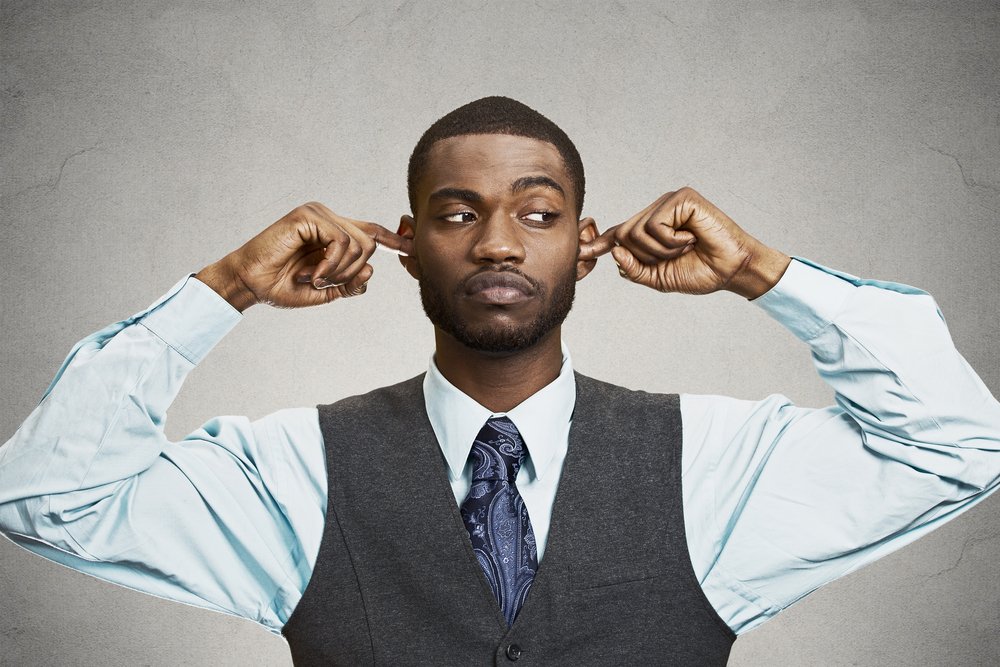
Is it ok to ignore a journalist?
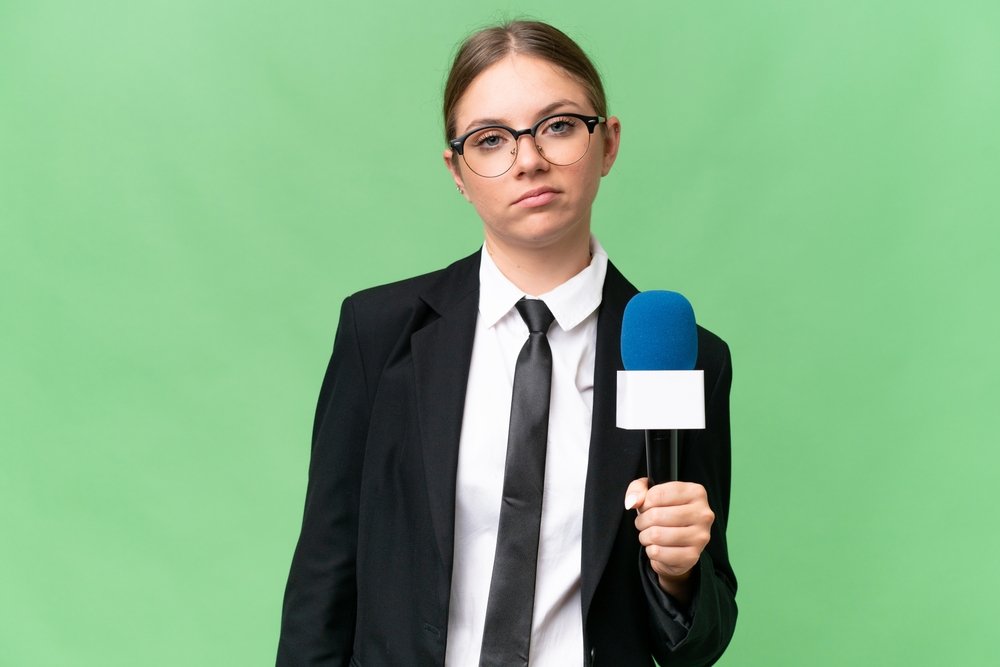
Building your personal brand so journalists find you first
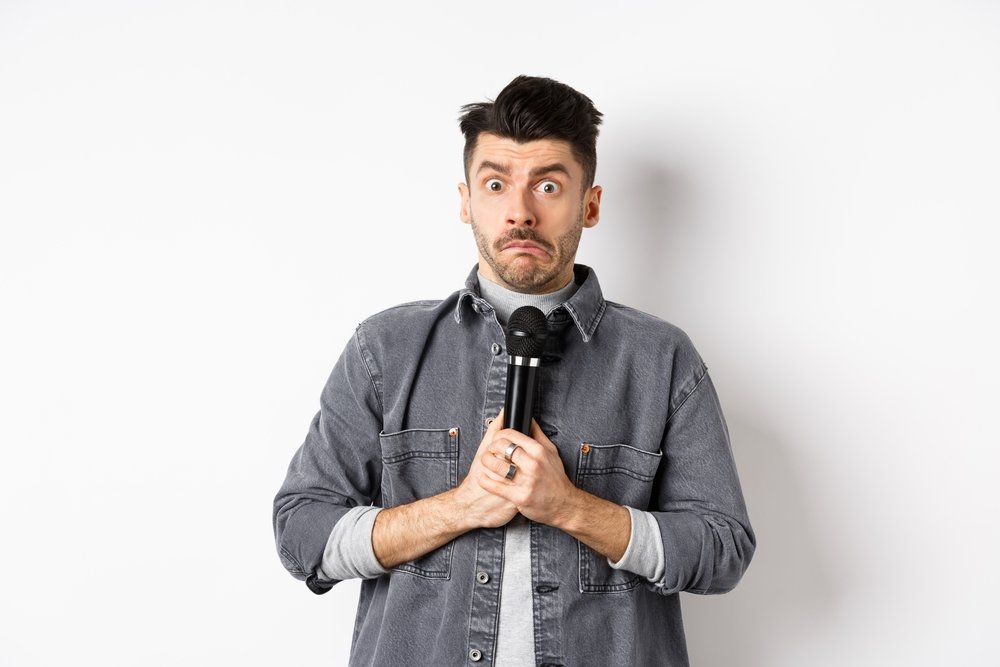
Media interview quick-start guide
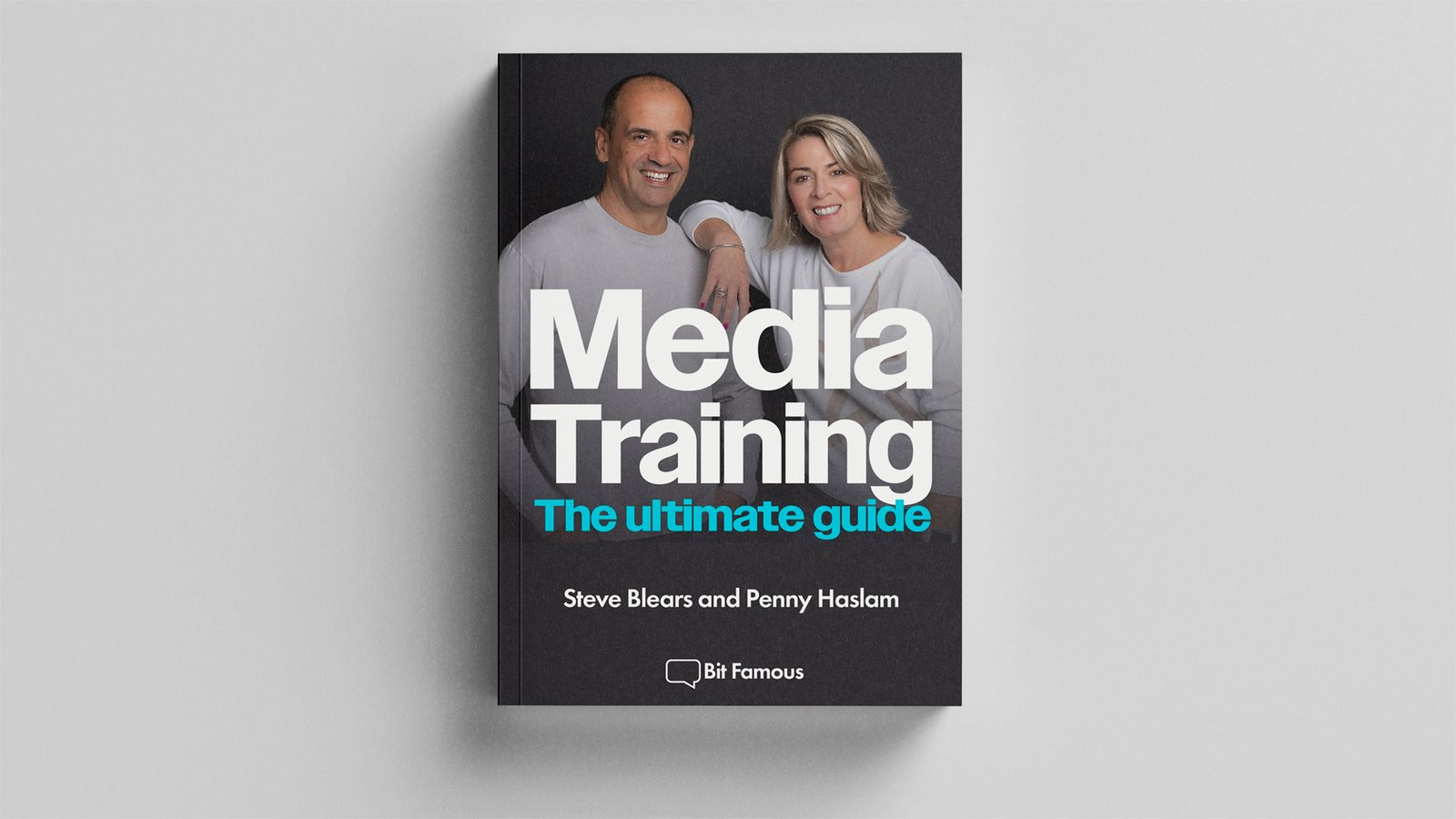
Media training book
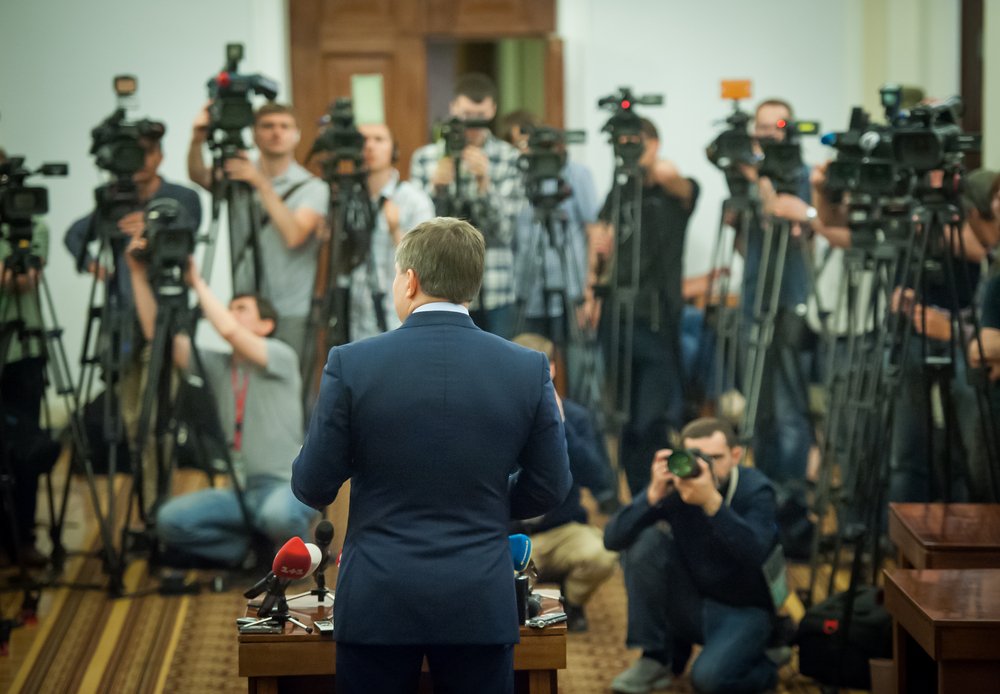
How to hold a press conference
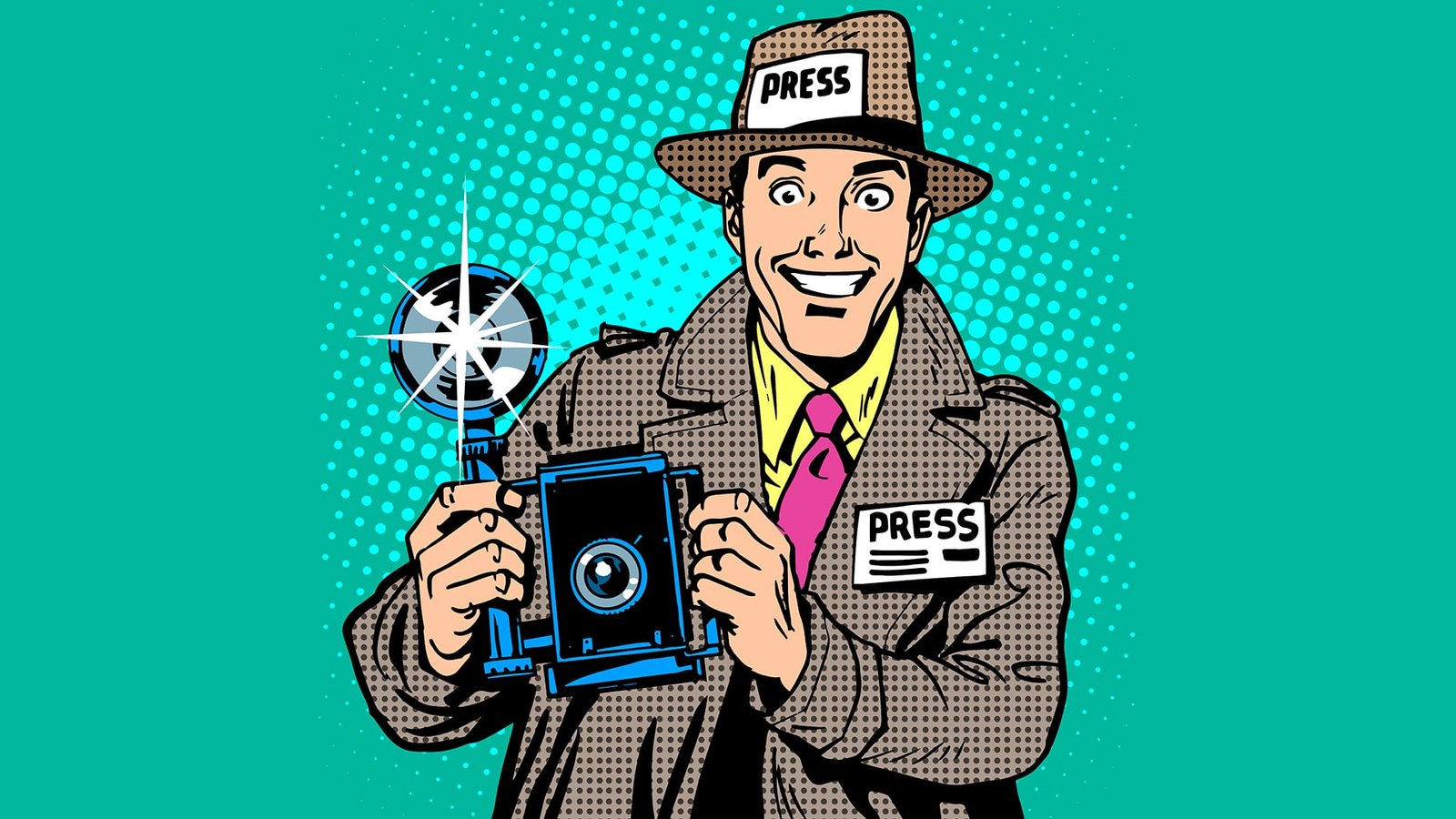
Time for a media training refresher?
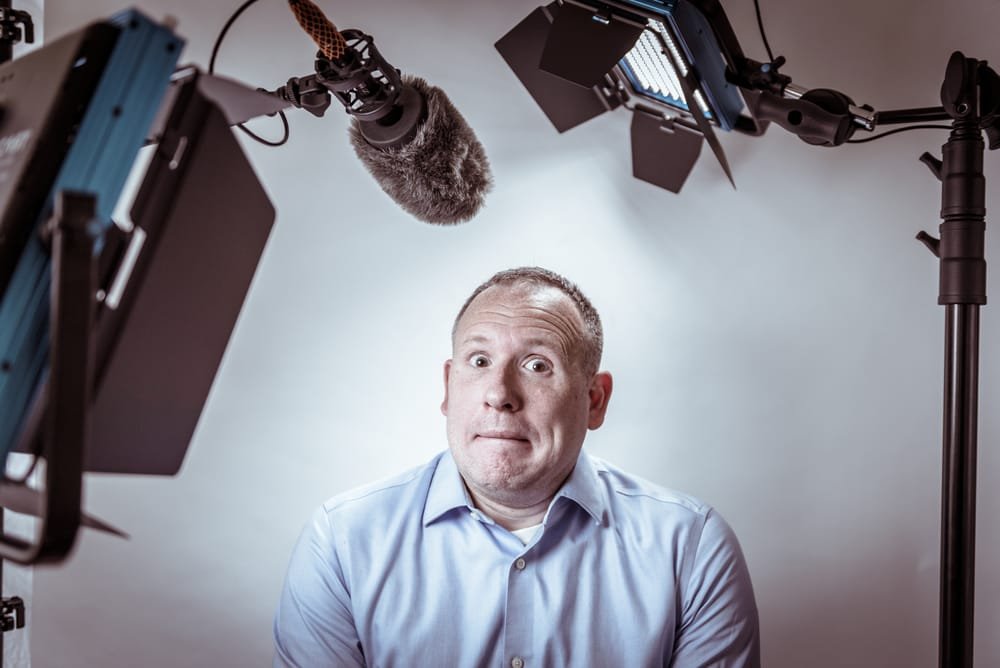
How to get your boss on board with media appearances
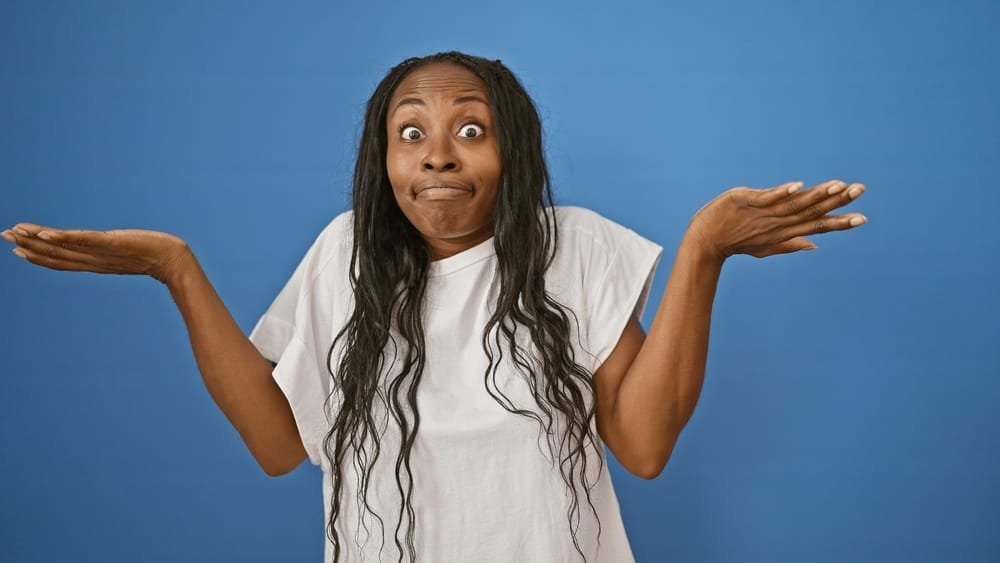
Is it okay to say “I don’t know” in a media interview?
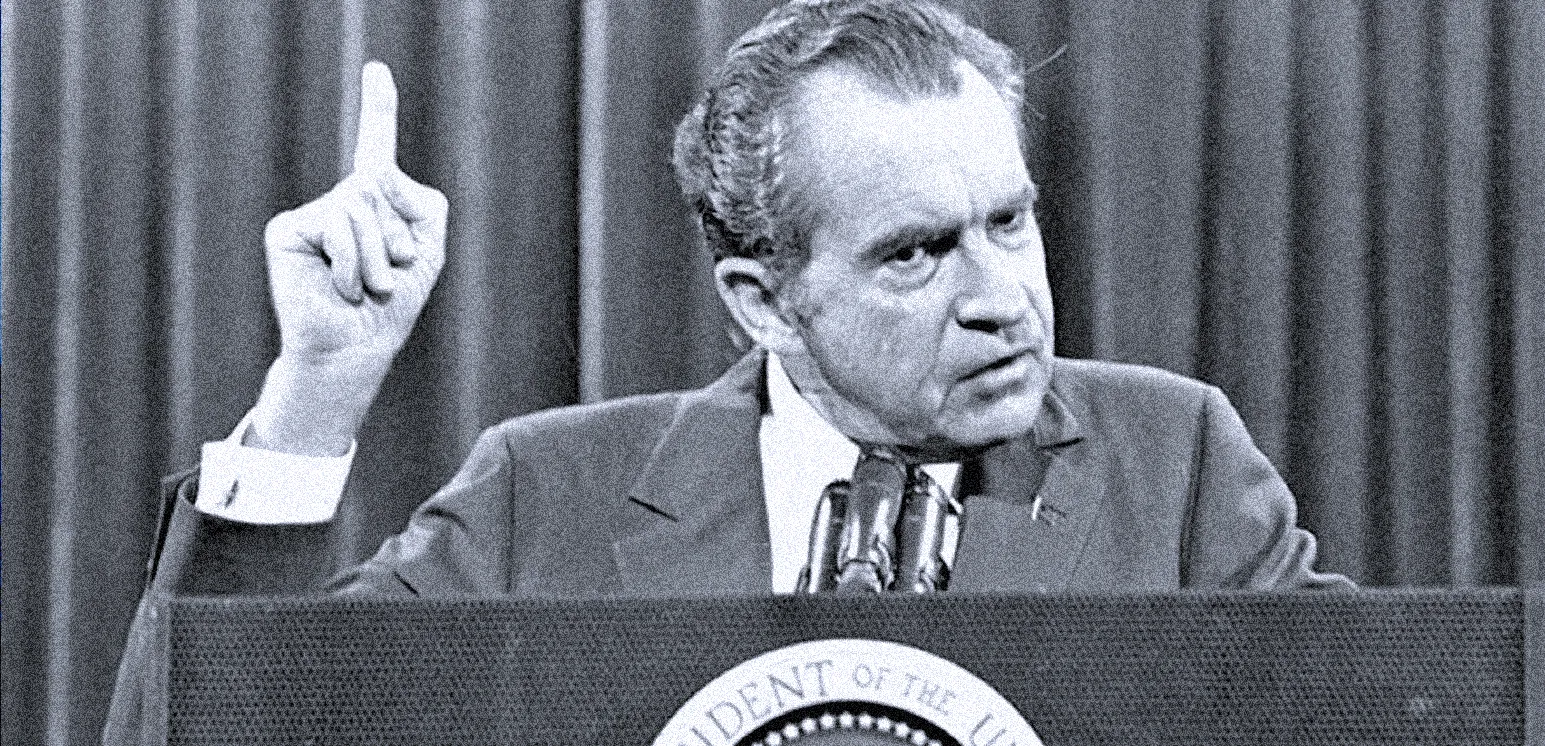
Why should you avoid repeating negative questions in media interviews?

How to look and sound relaxed in a media interview, performance tips

Mastering profile interviews in the media
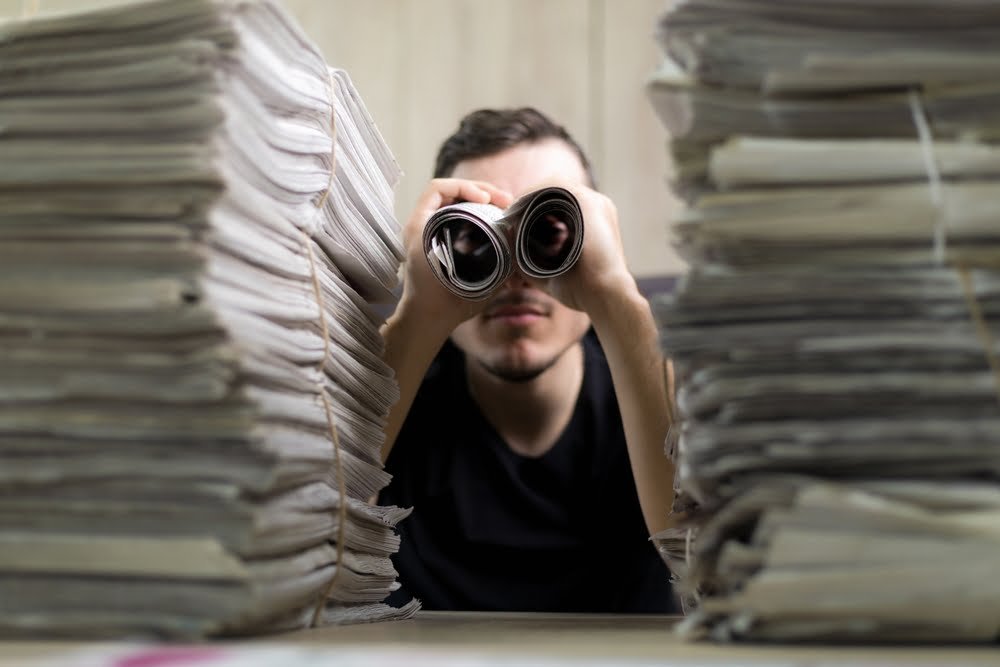
Media appearances, the unwritten rules
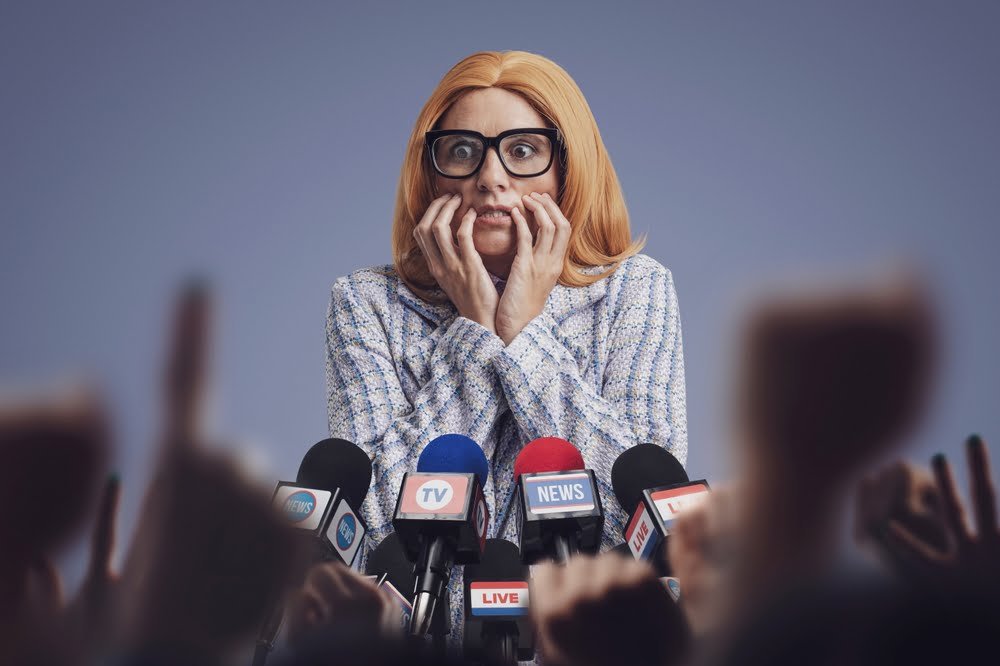
Public apologies, how to say sorry in the media and mean it

Why off-the-record journalism is riskier than you think
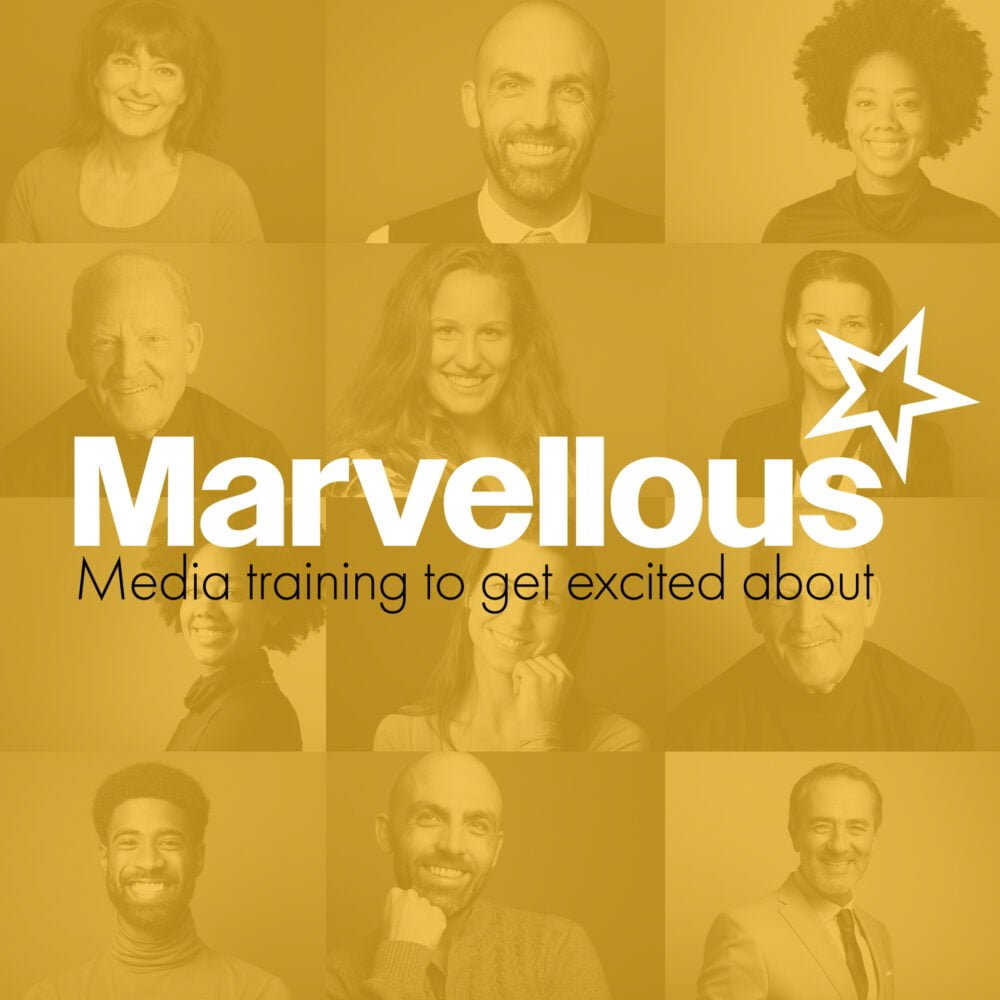
What are key messages in the media?
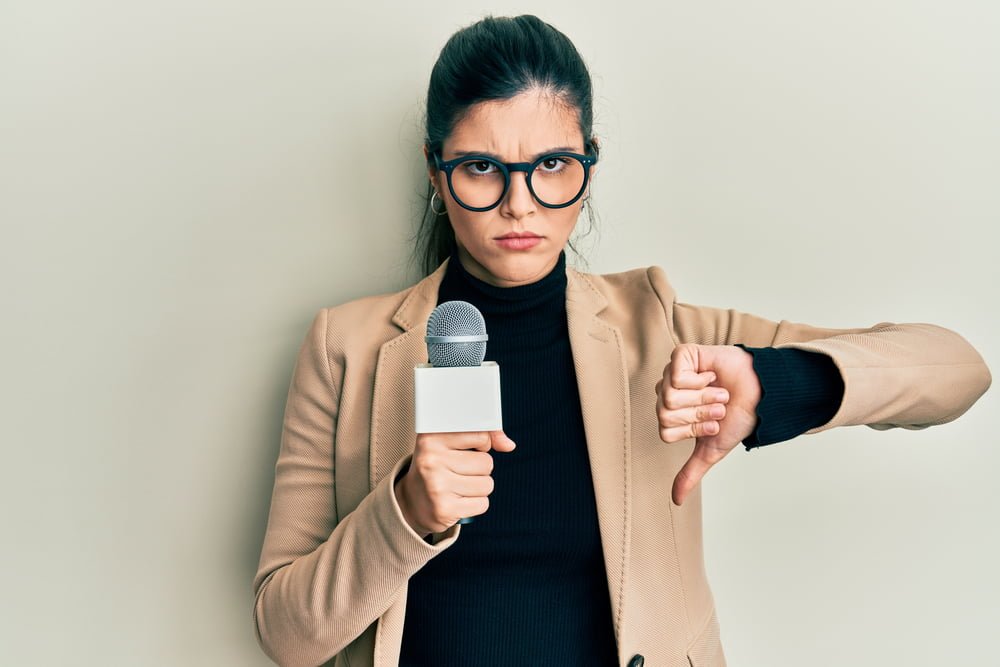
Give your leader feedback after a media interview
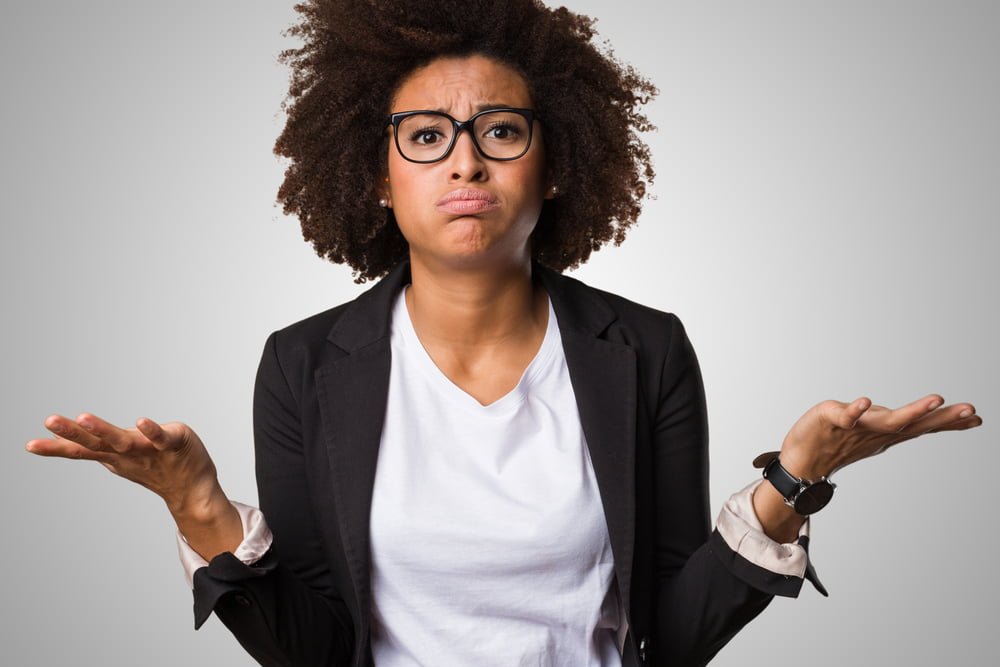
Why avoid corporate speak and office jargon in media interviews?
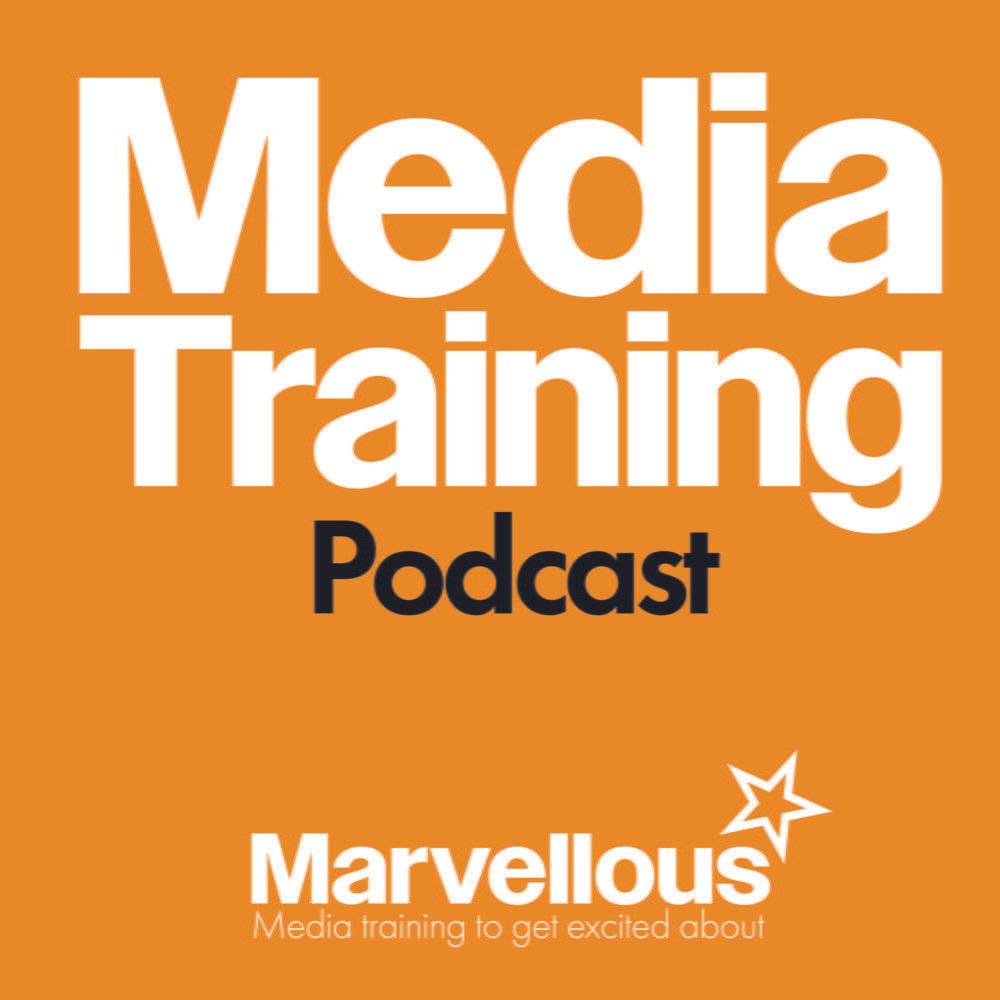
Media interview preparation checklist
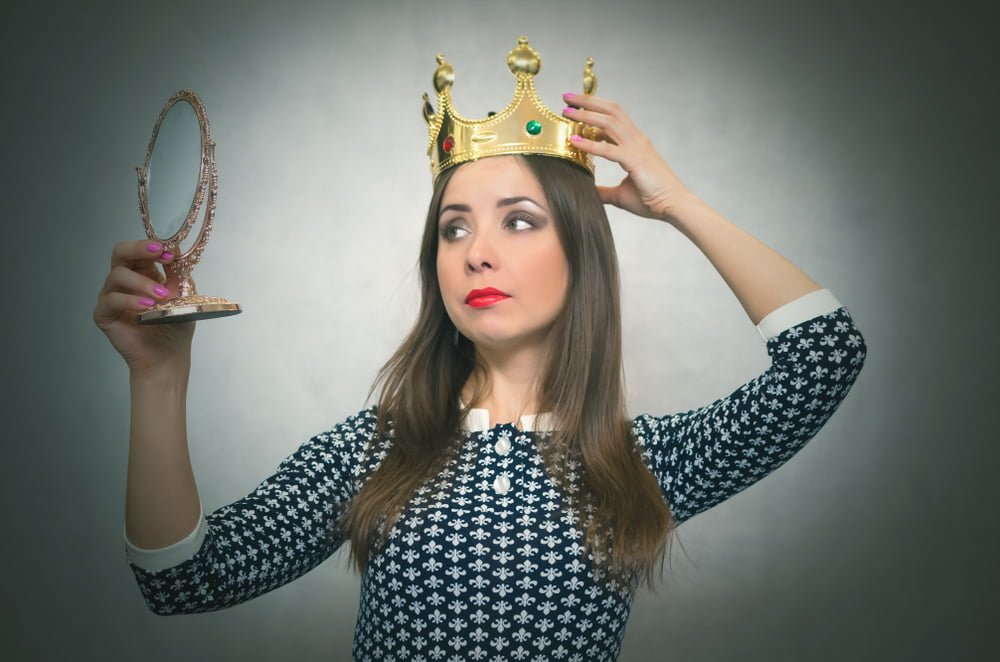
How to create a founders’ origin story
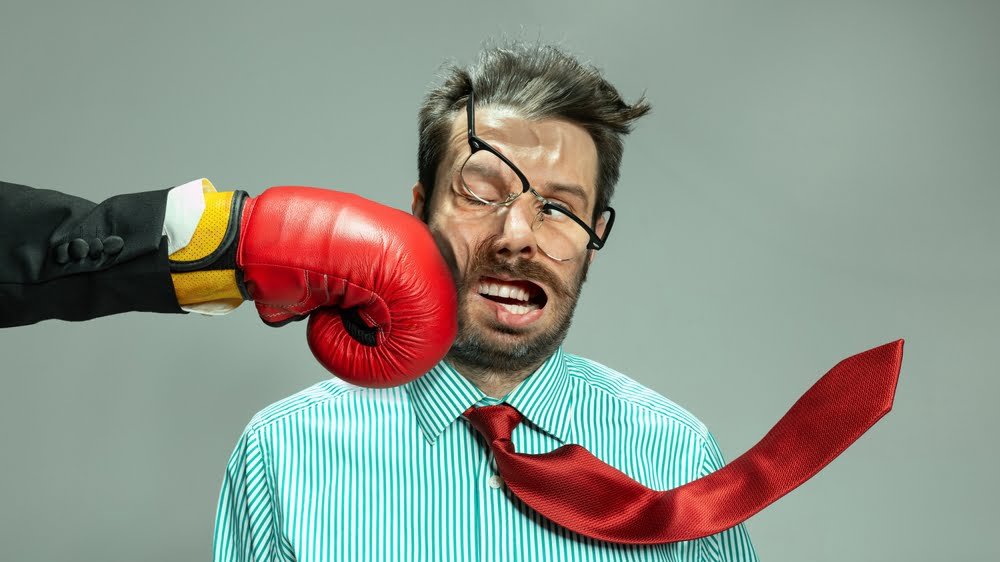
How to answer hostile or negative questions from a journalist

How to be authentic in a media interview

Crisis Management: How to write a holding statement
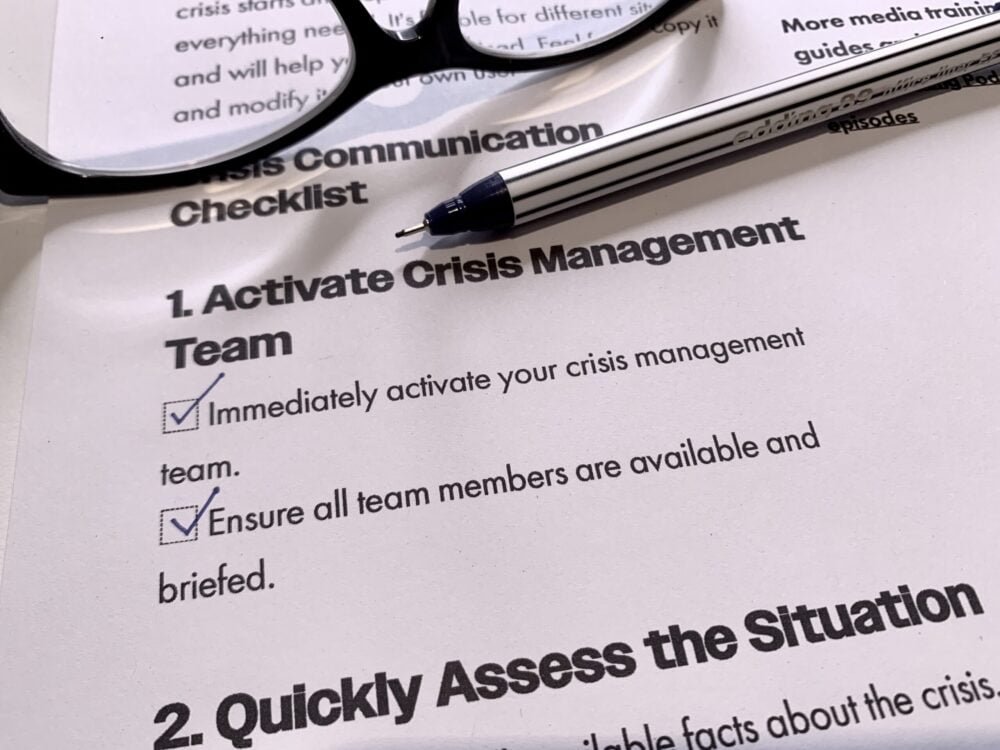
Crisis communications checklist
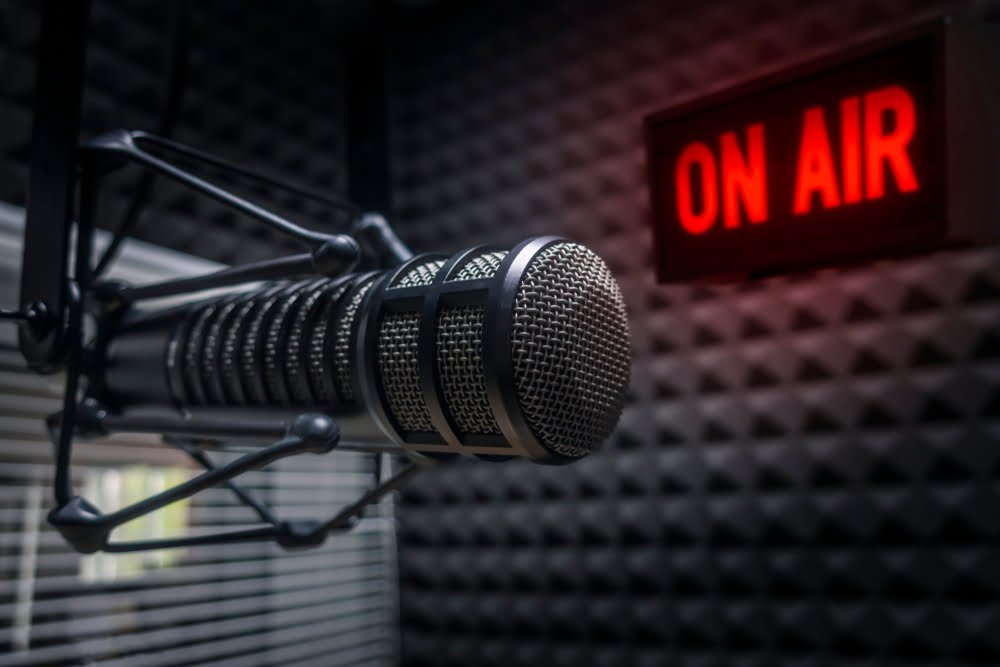
How to create a successful media soundbite
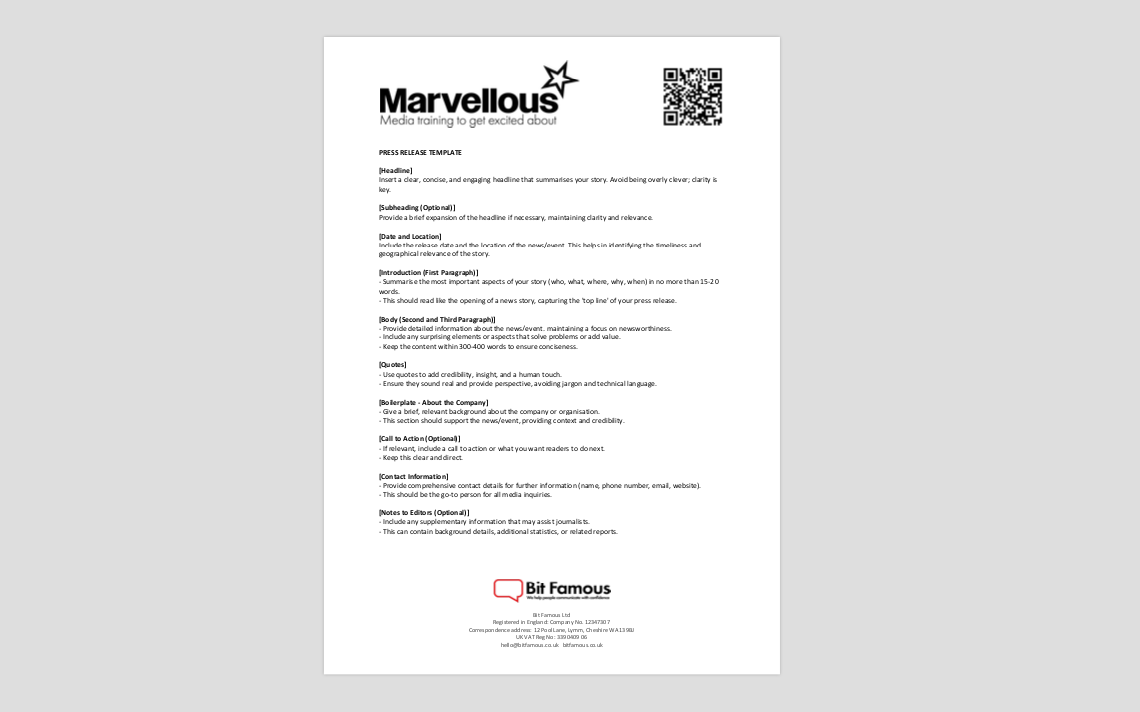
Free press release template (Word)
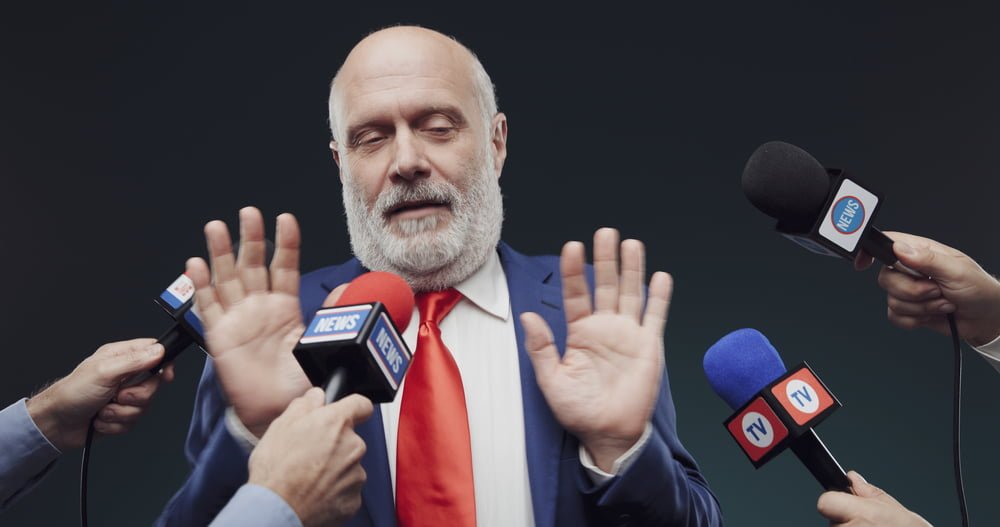
How do you handle a media question you don’t want to answer?
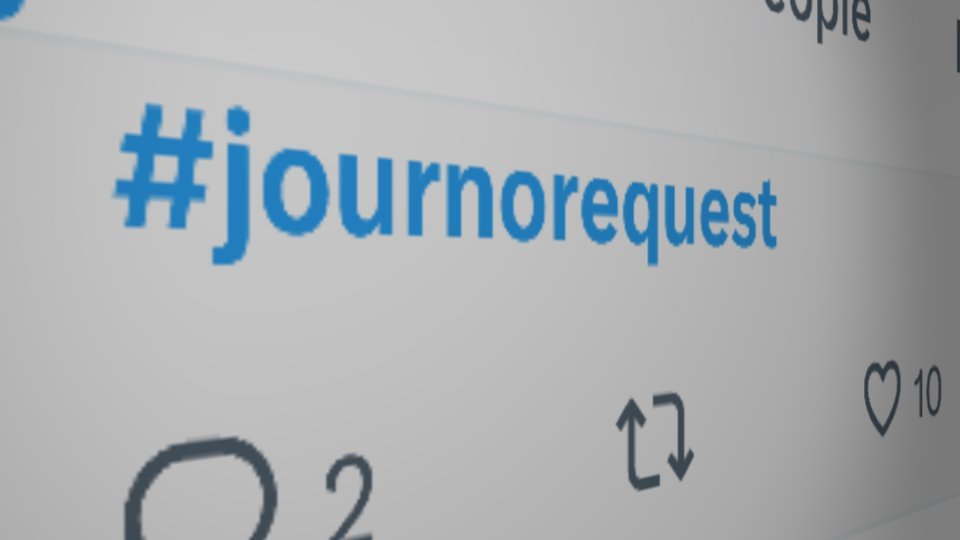
How to use #JournoRequest to get media attention for my business

How do I prepare for a TV interview online using Zoom, Teams or Skype?

How to appear on a business podcast

How to handle a difficult media interview
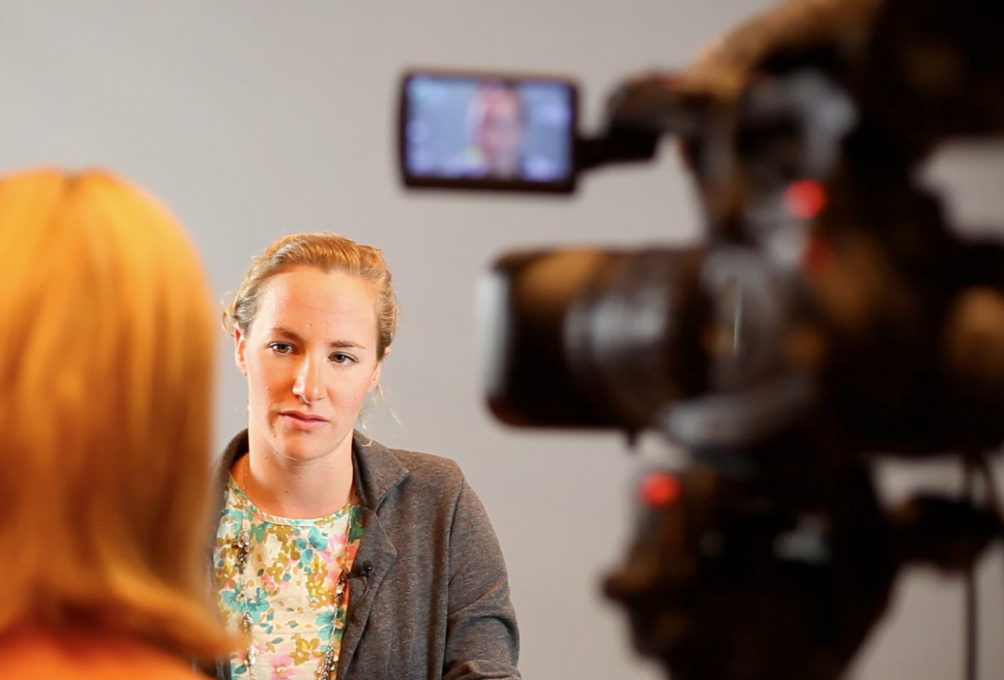
How to get featured in the media

How does the news work?
How can I develop a relationship with a journalist?
Bit Famous Ltd works with

Bit Famous Ltd - Finalist - Lloyds Bank Business Enabler of the Year 2022

Rave reviews for our media training

Engaging, insightful, and practical
A thoroughly engaging, insightful, and practical media training session. I certainly came away with some useful tactics, a greater understanding about how the media works and some focus areas for our future activities.
Matt Cody, Investment CEO / Group Marketing Director at Bluestones Investment Group

A fantastic job in boosting our team's confidence and ability
Bit Famous have done a fantastic job in boosting our team's confidence and ability to articulate and sell the vision and story of LEEDS 2023 to media, business and political stakeholders.
Abigail Scott Paul, Director of External Relations and Strategic Partnerships at LEEDS 2023

Essential for any organisation
The training they delivered was fantastic, effective and enjoyable. Essential for any organisation regardless of size or industry.
Brian Chapman, Director of Corporate Communications, B Braun Medical Ltd

Is it ok to ignore a journalist?

Building your personal brand so journalists find you first

Media interview quick-start guide

Media training book

How to hold a press conference

Time for a media training refresher?

How to get your boss on board with media appearances

Is it okay to say “I don’t know” in a media interview?

Why should you avoid repeating negative questions in media interviews?

How to look and sound relaxed in a media interview, performance tips

Mastering profile interviews in the media

Media appearances, the unwritten rules

Public apologies, how to say sorry in the media and mean it

Why off-the-record journalism is riskier than you think

What are key messages in the media?

Give your leader feedback after a media interview

Why avoid corporate speak and office jargon in media interviews?

Media interview preparation checklist

How to create a founders’ origin story

How to answer hostile or negative questions from a journalist

How to be authentic in a media interview

Crisis Management: How to write a holding statement

Crisis communications checklist

How to create a successful media soundbite

Free press release template (Word)

How do you handle a media question you don’t want to answer?

How to use #JournoRequest to get media attention for my business

How do I prepare for a TV interview online using Zoom, Teams or Skype?

How to appear on a business podcast

How to handle a difficult media interview

How to get featured in the media


